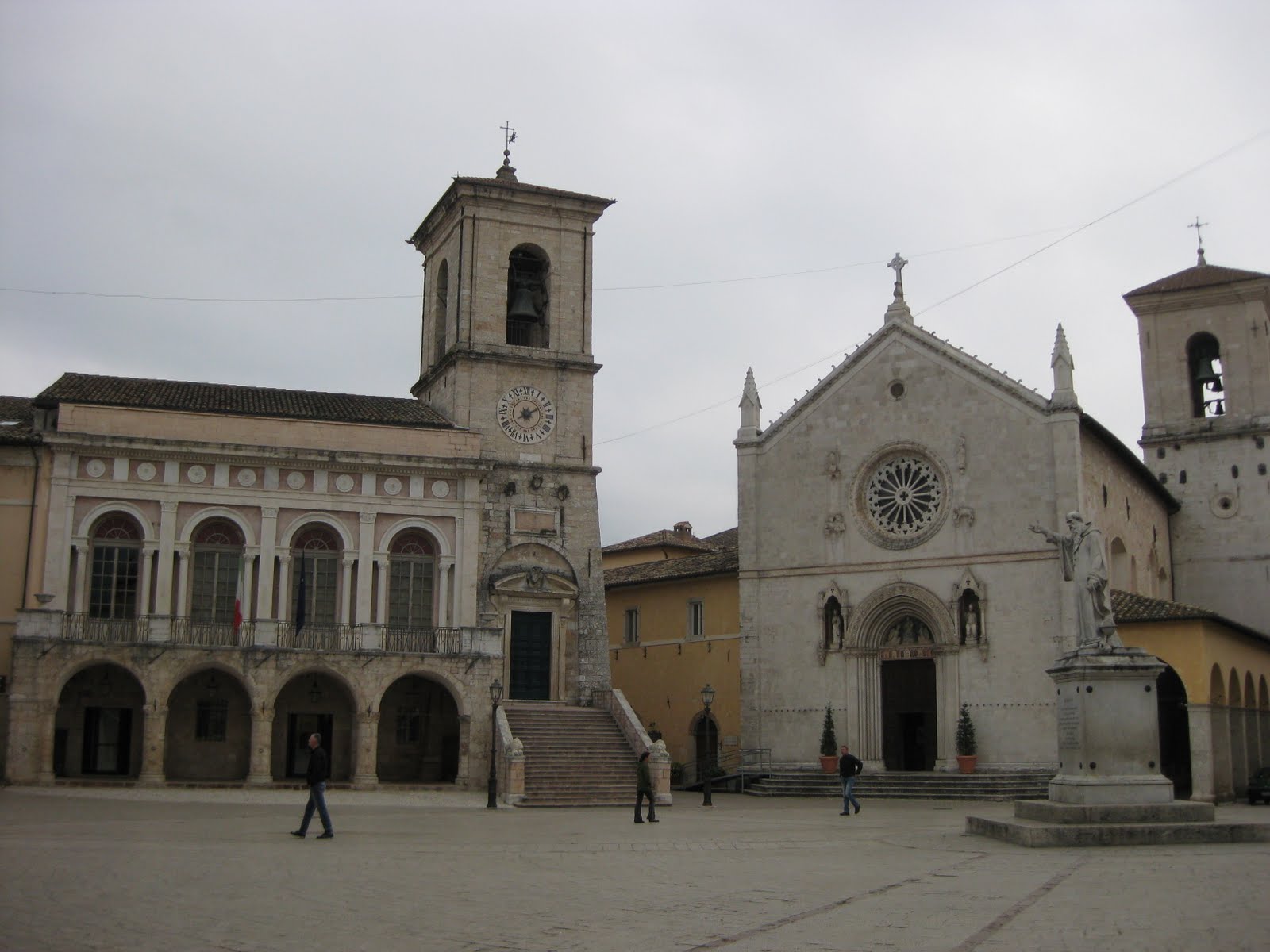We live in a cultural milieu in which “fun” has become the highest good. This is the condition known as the “entertainment society”, a condition that was hinted at by the Frankfurt School, particularly the “Culture Industry” of Max Horkheimer and Theodore Adorno. Rather than a situation of us consuming passive commodities, extracting the pleasure, and going on unchanged, James KA Smith reminds us that the saturation within our culture of alleged opportunities for such consumption actually envelops us, forming... Read more
















